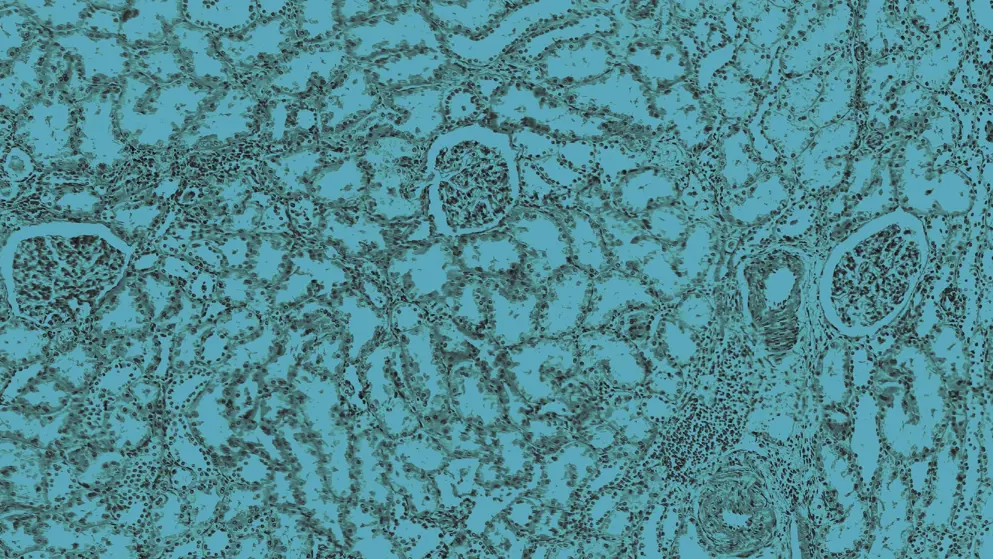
Chronic kidney disease
Chronic kidney disease (CKD) refers to structural or functional abnormalities of the kidneys that impair their ability to filter blood effectively, leading to the accumulation of metabolic waste and fluid overload. It is a progressive, often irreversible condition that contributes significantly to global morbidity and mortality. The World Health Organization projects CKD will become the fifth leading cause of years of life lost by 2040.
What is the global prevalence of CKD?
CKD affects approximately 10% of the global population, with prevalence rising fastest in low- and middle-income countries.
What are the risk factors for CKD?
Major risk factors include diabetes mellitus, hypertension, cardiovascular disease, tobacco use, obesity, advancing age, family history of CKD, congenital or structural renal abnormalities, certain ethnic backgrounds, and prolonged exposure to nephrotoxic medication.
What symptoms indicate CKD?
Symptoms vary by stage. Patients may report nausea, vomiting, anorexia, fatigue, sleep disturbances, alterations in urinary output, muscle cramps, peripheral edema, dyspnea, and, in advanced stages, chest pain and hypertension.
How is the severity of CKD evaluated diagnostically?
Clinicians assess CKD severity using serum biochemistry (e.g., creatinine, eGFR), urinalysis, renal imaging, and renal biopsy.
What treatment options are available for CKD?
Management of CKD depends on the underlying cause and disease stage. While certain forms may respond to targeted therapy, CKD is typically progressive and irreversible. Treatment focuses on slowing progression, managing complications, and maintaining quality of life. End-stage renal disease requires renal replacement therapy – dialysis or transplantation.
Developed by EPG Health for Medthority, independently of any sponsor.
Latest resources
Why screen for CKD?
Read expert commentary on how early detection could help to delay – or even prevent – kidney failure in CKD.
of interest
are looking at
saved
next event



